Is it suitable as a trade mark?
Common and Prohibited
In order to register a trade mark, the mark should not be a common or prohibited sign. One of the first things that a trade mark examiner will look at when deciding if your mark is registrable or not, is whether or not it is common or prohibited. This means that it cannot contain a phrase that is commonly used, or be a descriptive term.
Descriptive Terms
Examples of descriptive terms for goods and services would be COOLING for air conditioners, POTATO for chips, or AIR for airline services. Examples of commonly used words or phrases for goods and services could be BRIGHT & CLEAN for washing detergent or SPEEDY for express courier services.
Surnames
Also, surnames that are deemed common cannot be registered as a trademark for specific goods and services. For example, in Australia if a surname is listed more than 750 times on the surname database, it cannot be used as a trade mark for specific goods and services.
Common Place Names
Trade marks can’t be registered in association with common place names. This means that the names of cities, towns and suburbs cannot be registered in association with particular goods and services. For example you couldn’t register SEATTLE for coffee or MELBOURNE for financial services.
Abbreviations, acronyms, etc.
Trade marks that contain abbreviations, letters and numbers, and acronyms that are already commonly used in relation to particular goods and services, such as clothing sizes and medical equipment acronyms, are also not registrable.
Obviousness
You also can’t register a trade mark that is obvious. For example, a cup of coffee for a coffee brand, or a photograph of a dog for pet food are extremely obvious. However this can be overcome, or made easier to register if you combine something common with something less common, such as an image and a phrase. This is why a logo for a coffee brand can include a cup of coffee, so long as the the logo as a whole is unique.
Exceptions for Geographical names and surnames
It is also very difficult to register a geographic name or popular surname unless it has been used for an extensive period of time. The first test that will be conducted when you apply for a trade mark is that the examiner will look at whether or not other traders in that industry will also have a valid reason or need to use that mark to describe their goods and services.
Names of places can be quiet difficult to register as they are likely to have an association with a particular good, service, or industry. For example, Chiba in Japan is known for peanuts, and Detroit in the United States is known for motor vehicle production and others in the field would have a legitimate right to register a trade mark in association with these names.
If, however, you can prove that you have been using your trade mark and it functions as such in the market place then you may be able to register it, provided you give evidence of its use and other materials in support of it.
Prohibited signs
Many countries are party to the Paris Convention, which prohibits certain protected signs from being registered as a trade mark. These include, but are not limited to, the following:
- armorial bearings
- flags
- emblems
- official signs
- hallmarks
- abbreviations and names of international intergovernmental organisations.

